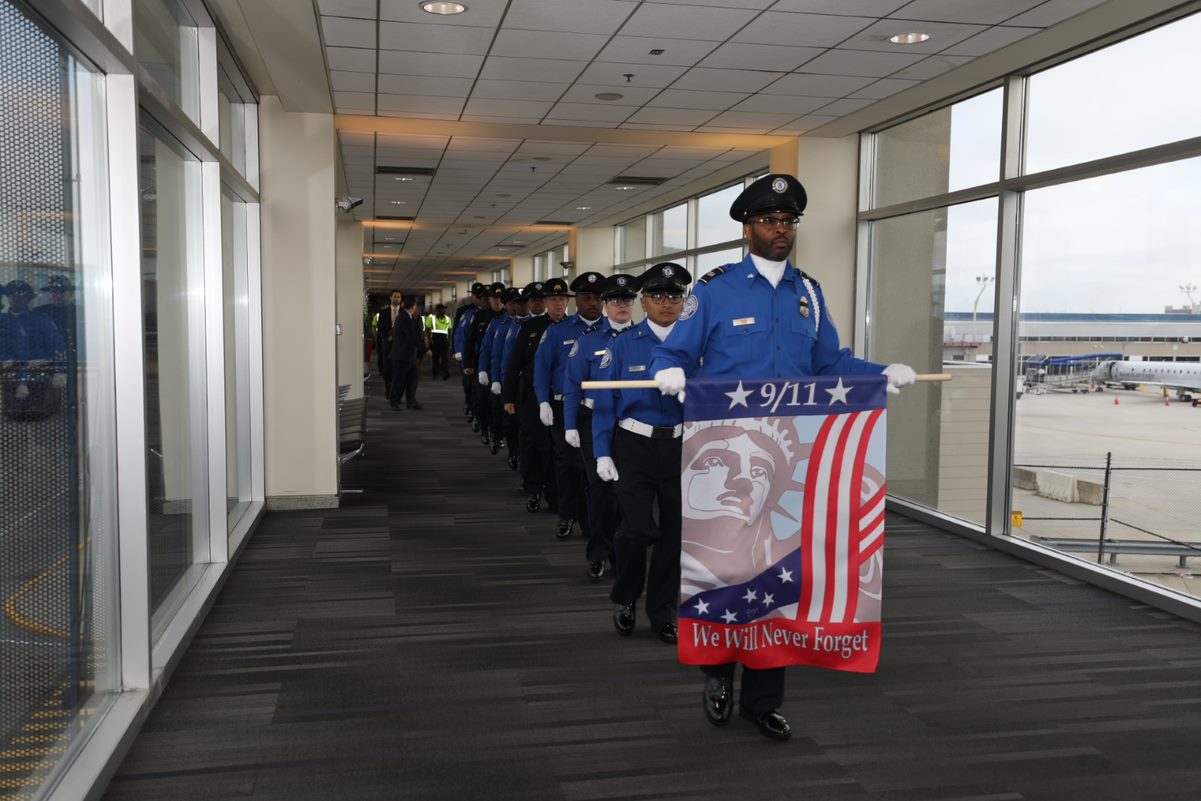
B H E
How 9/11 Changed the World Forever: A Disaster
How 9/11 Changed the World? Well, September 11, 2001, was more than just a day of tragedy — it was a turning point in modern history. The coordinated terrorist attacks on the United States left nearly 3,000 people dead and shook the world to its core. But beyond the human loss and devastation, 9/11 triggered a wave of global changes that still define the way we live today.
From airport security and foreign policy to everyday social dynamics, the aftermath of that morning reshaped nations and minds alike. In this article, we’ll explore how 9/11 changed the world — permanently altering governments, societies, and the global sense of safety.
How 9/11 Changed Global Security Policies
The 9/11 attacks drastically altered global security. In the U.S., the creation of the Transportation Security Administration (TSA) led to stricter airport security, including advanced screening methods and carry-on restrictions. These changes were adopted worldwide, reshaping air travel.
Additionally, the Patriot Act expanded surveillance powers, allowing authorities to track communications and financial transactions more freely, sparking debates on privacy and civil liberties. Many countries followed suit, implementing similar anti-terrorism laws and security measures.

As a result, the world entered an era of increased vigilance, where safety became a priority, often at the cost of individual freedoms.
How 9/11 Redefined U.S. Foreign Policy
The aftermath of 9/11 marked a dramatic shift in U.S. foreign policy, with global efforts focusing on combating terrorism. The most significant consequence was the launch of the War on Terror, which led to the invasion of Afghanistan in 2001 and Iraq in 2003. This marked the U.S.’s most ambitious military actions in decades, aimed at dismantling terrorist networks and eliminating regimes believed to harbor them.
The Bush Doctrine emerged as a direct response to the attacks, emphasizing preemptive strikes and unilateral action in the face of perceived threats. This approach reshaped U.S. relationships worldwide, as many countries either aligned with or opposed the aggressive stance taken by the U.S.
The war on terrorism also led to the expansion of military bases in the Middle East and a strategic focus on regions once considered of secondary importance to U.S. interests. Diplomatic alliances were redefined, and nations that cooperated with U.S. efforts were seen as essential to the new world order.
Cultural and Social Shifts After 9/11
September 11 didn’t just reshape policies — it left a lasting mark on everyday life and collective mentality. Feelings of fear, patriotism, and vulnerability intensified across the U.S., influencing how people interacted, how media portrayed global issues, and how communities viewed one another.
A sharp rise in national unity followed the attacks, with American symbols and slogans like “United We Stand” becoming widespread. At the same time, however, the tragedy fueled a surge in racial profiling and Islamophobia, leading to increased scrutiny of Muslim communities and immigrants from Middle Eastern countries.

In entertainment and media, terrorism became a central theme. Movies, TV shows, and even music reflected the tension and paranoia of the post-9/11 world, often focusing on security threats and heroic depictions of law enforcement and military figures.
Education and public discourse also shifted. Conversations about civil liberties, religious tolerance, and national security became part of the cultural mainstream. These changes weren’t short-term reactions — they helped shape a new, more cautious global society.
Economic Impact of 9/11 on the U.S. and Beyond
The financial aftermath of 9/11 was immediate and far-reaching. Stock markets closed for several days, and when trading resumed, they suffered some of the biggest single-day losses in history. Investor confidence dropped sharply as uncertainty gripped the global economy.
Industries tied to travel and tourism, especially airlines, faced devastating losses. Thousands of flights were canceled, and heightened security measures raised operational costs. Several U.S. airlines had to seek government aid or file for bankruptcy in the following years.
Job losses affected multiple sectors, particularly in New York, where thousands of businesses were destroyed or disrupted. Insurance companies also endured record claims, with damages from the attacks estimated in the tens of billions.
Long-term, the U.S. government increased defense and homeland security spending, shifting budget priorities for decades. These economic ripples extended globally, as countries reallocated funds and reevaluated trade and investment strategies in a post-9/11 world.
The Lasting Legacy of 9/11 in a Changed World
Two decades later, the shadow of 9/11 still stretches across global politics, security, and personal freedoms. It didn’t just change a moment — it reshaped the way nations define safety, identity, and international cooperation.

Increased surveillance has become normalized. From airport checks to online monitoring, privacy standards have been redefined in the name of national security. Laws like the Patriot Act paved the way for expanded government oversight, sparking ongoing debates about the balance between freedom and protection.
Globally, the attacks shifted diplomatic priorities. Counterterrorism efforts became a central focus, and international alliances were redrawn. Many countries adopted similar security policies, showing just how deeply 9/11 influenced the entire world order.

Perhaps most importantly, 9/11 left a psychological imprint. It shaped generations’ views on safety, conflict, and global responsibility. The world may never return to the mindset of pre-2001 — and in that sense, the impact is truly permanent.





